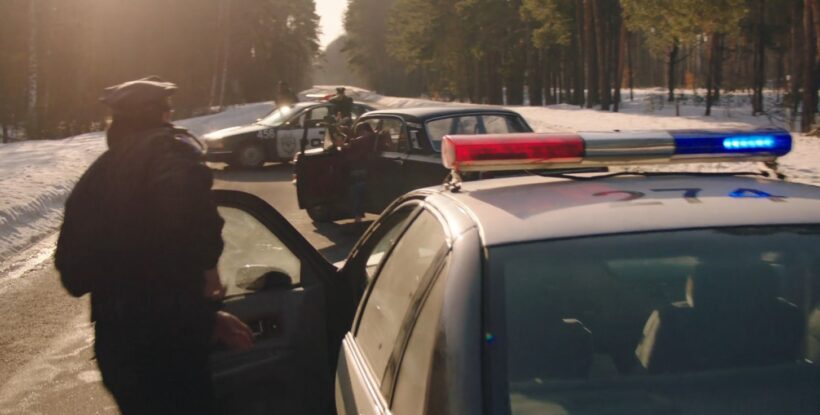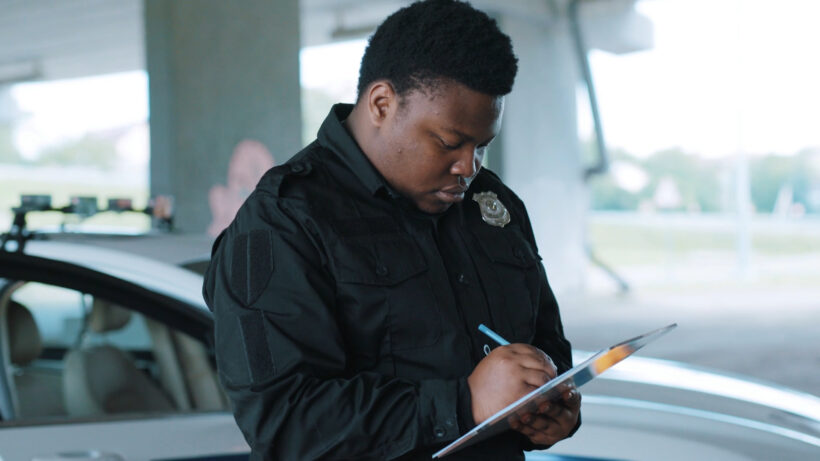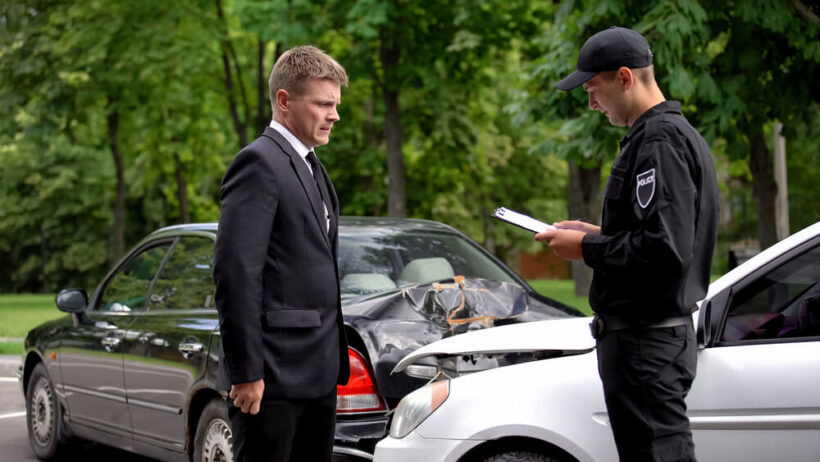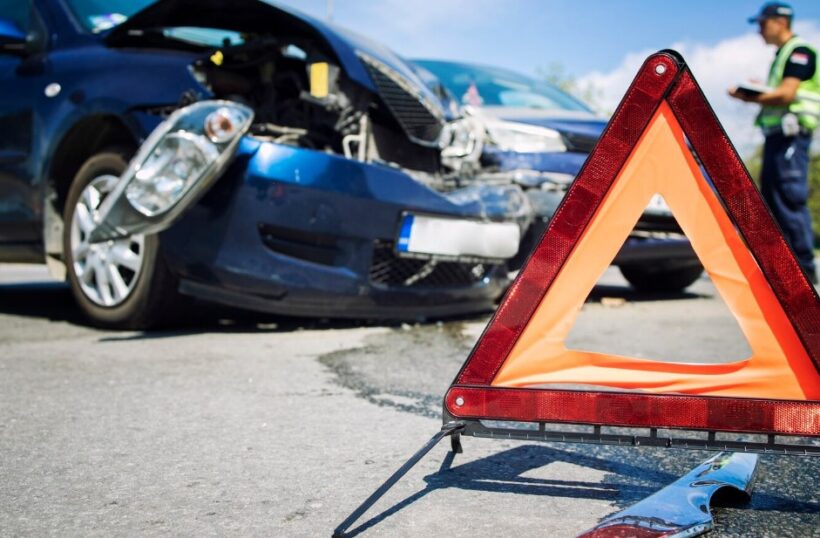Daytona’s scenic coastal highways and fast-paced streets can quickly turn chaotic when a car crash happens. In the aftermath of a collision, it’s not just the twisted metal and rising medical bills that weigh on you—it’s also the paperwork, especially the police report. This document holds critical value in shaping your insurance claim, determining fault, and even influencing the outcome of your case. But between confusing legal jargon and the challenge of accessing the report, things can get overwhelming fast.
That’s why having someone who understands the system and fights for your side matters. If you’ve been involved in a crash and feel stuck with the red tape, it might be time to talk to someone who’s been through this road before. If you need a Daytona car accident lawyer, now’s the time to reach out—because timing and the right legal partner can make all the difference.
Police Reports: Why They Matter?

Police witness reports provide an unbiased record of the facts of the accident. They are normally written by responding officers or, in other words, a 3rd-party witness. The report usually contains important information like the date, time, and place of the incident. It can also include statements from witnesses and those directly involved and a narrative of the scene.
Police reports are not optional—they are often the first point of reference for insurers, lawyers, and even courts. If the report is missing or incomplete, you risk weakening your claim.
It helps establish a timeline, which is often crucial when proving who was at fault. Every factual detail in a police report adds weight to your version of events.
How Police Reports Aid Insurance Claims?
Insurance writers have relied on police reports for eternity. Such reports provide useful information that can affect the determination of fault and damage awards. For example, if the report shows that one party committed a traffic violation, it may influence liability determinations. Specific details about the officer’s observations can either support or disprove statements made by the parties involved.
Insurance companies often prioritize official reports over personal testimony. Why? Because they trust objective facts gathered on-site over emotionally driven recollections.
If your insurer sees that the report favors you—even subtly—it gives them more confidence to push for a higher payout or quicker resolution.
Reports can influence:
- Whether your deductible applies
- How liability is split
- If injuries get categorized as accident-related or pre-existing
- The credibility of each party involved
What Goes Into a Police Report?

You’ll find a few key components in almost all police reports. Officers write down the contact information of all people involved, including the drivers and witnesses. We also log vehicle details and plate numbers. The report may include sketches or maps showing the scene of the crash as well. And the statements from each side are key. Officers incorporate these into their reports to offer context and insight into the events surrounding the accident. Any damage or visible injuries are also documented so that the extent of the incident is clear.
Some of the other items that might appear are:
- Road and weather conditions
- Traffic control signals or signs at the scene
- Officers’ opinions on fault (sometimes clearly stated, sometimes implied)
- Whether anyone received citations or was arrested
A complete report becomes your strongest tool in proving the facts of what occurred. Gaps or unclear notes can open the door to disputes.
The Role of Witnesses
Witnesses can be key in providing support to elements found in the police report. Their testimonies might add further dimensions to how we understand the circumstances of the accident. Third-party observers are typically factored into claims by insurance adjusters. If the report contained information about what the witnesses saw, a consistent narrative from the different witnesses would add credibility to that information.
Witness statements carry special weight because they come from neutral parties. They didn’t cause the accident and usually have no stake in who’s blamed.
Make sure witnesses give full, accurate statements at the scene. Their comments can be the deciding factor in split-fault or contested cases.
Useful details they provide may include:
- Speed of vehicles before impact
- Traffic light color at the moment of collision
- Any aggressive behavior observed before or after the crash
- Weather or visibility issues at the time
Getting Your Police Report is a Challenge
Police reports are useful but can be difficult to access. Some information might not be available due to privacy laws. Nonetheless, the version of the accident report is typically only available to someone involved in the accident or their lawyer. This document is critical, and any delays in getting it can delay the claims process.
Addressing Discrepancies
Sometimes, there will be differences between what the police report says happened and what those involved remember. In such situations, the importance of addressing these differences and immediacy cannot be overemphasized. To make things clear, you can also contact the officer who prepared the report. People can ask for edits if they are incorrect. Having the information right on file can help avoid misunderstandings when evaluating a claim.
If a factual error is minor, like a wrong vehicle make or license plate, ask for an amendment. More serious discrepancies, like fault conclusions, may need formal challenges.
Steps to fix errors:
- Politely contact the officer who filed the report
- Submit a written statement with corrections
- Provide evidence—photos, videos, or witness names—to support your version
- Request an addendum to the report if the officer won’t change it outright
Never ignore errors in your report—they can damage your credibility and hurt your chances.
The Impact of Timeliness
With regard to accident claims — and the specifics of police reports — time is of the essence. It can help speed up the claims process if the accident is reported quickly and the report is available. Insurance companies generally have deadlines for claims, and it is helpful to have documentation in hand.
Instructions for How to Deal With Police Reports

There are proactive measures that one can take in order to maximize the potential of police reports. A broad approach reinforces the entire claims process.
Checklist for handling police reports effectively:
- Give your statement to police calmly and clearly
- Stick to facts—avoid guessing or blaming
- Write down your own notes immediately after the crash
- Collect photos, contact info, and witness quotes while at the scene
- Get the report as soon as it’s ready
- Read it line by line—look for typos, wrong timelines, or missing people
- Flag any discrepancies quickly and follow up with corrections
Conclusion
Police reports provide an unbiased narrative of the events that happened, which helps insurance companies make wise decisions. Despite the difficulty in obtaining and managing these reports, they remain invaluable in the claims process.
When you know how important they are and you are sure you do them right, things become easier to handle when facing everything about car accident claims. Police reports aid in discouraging undeserved sentences on both ends.

